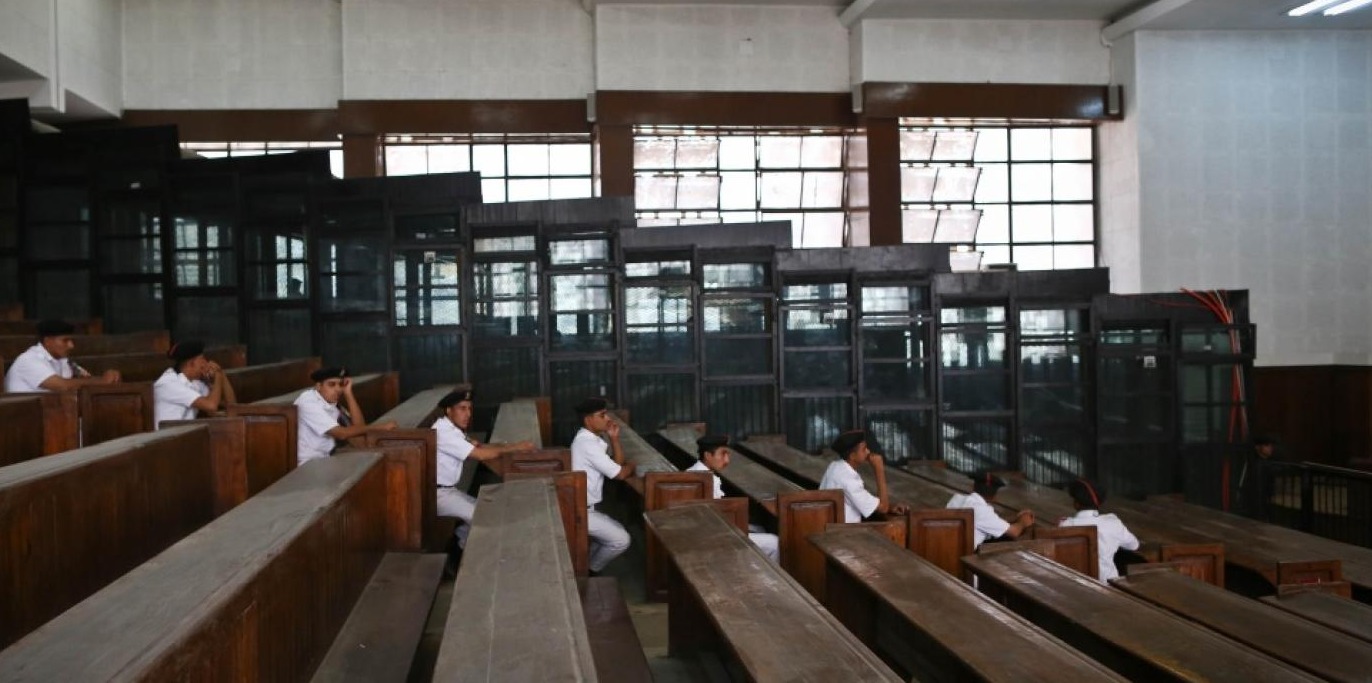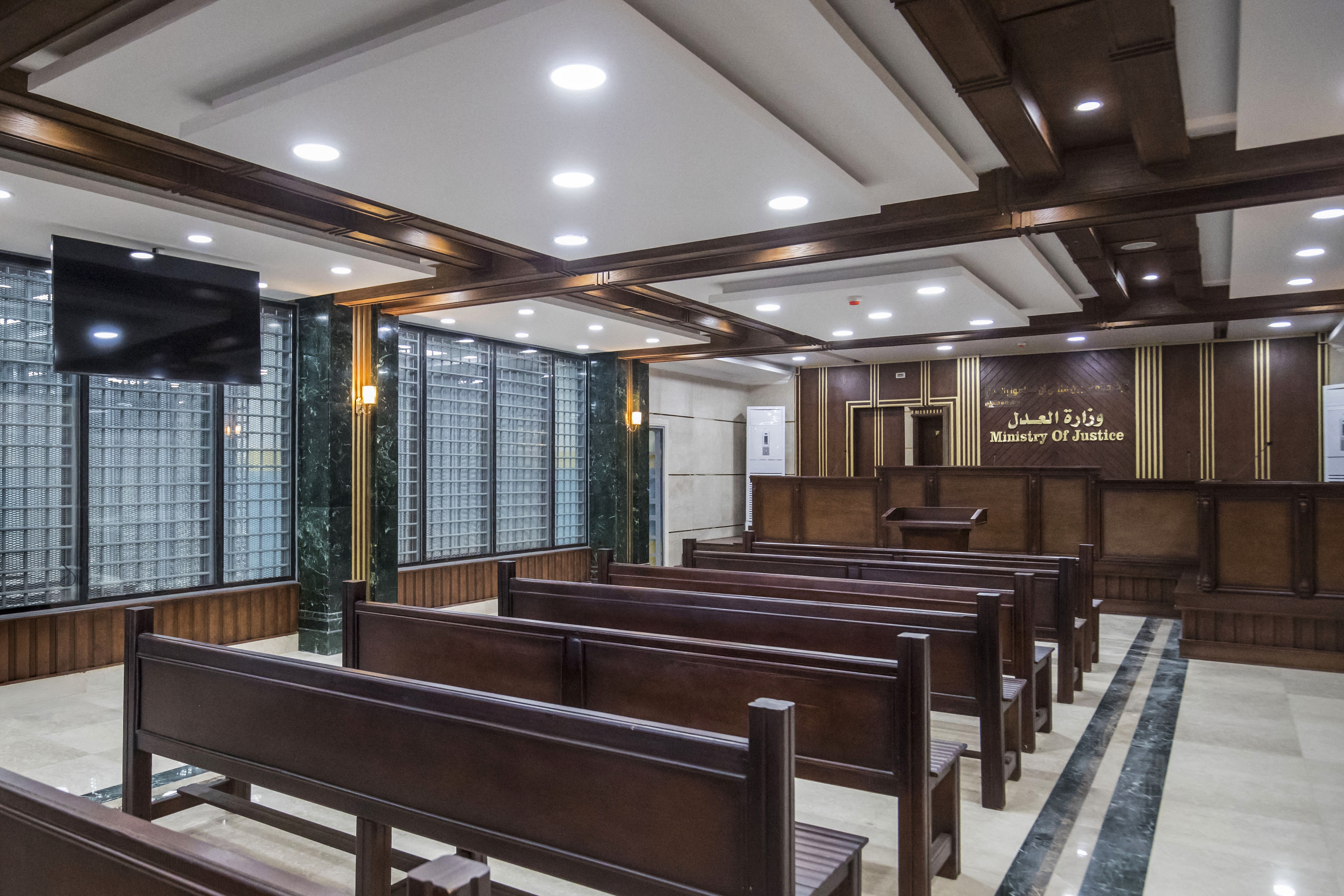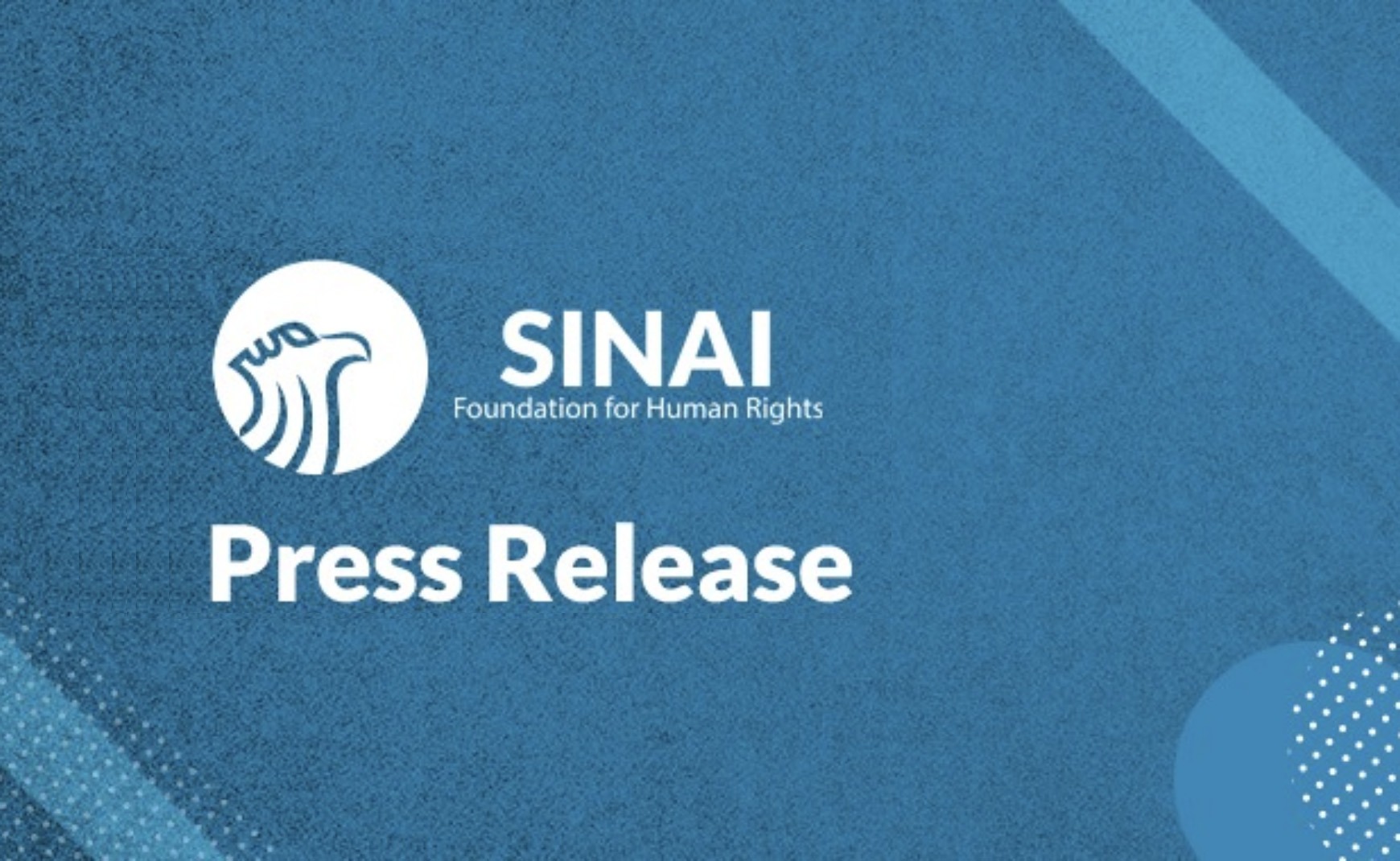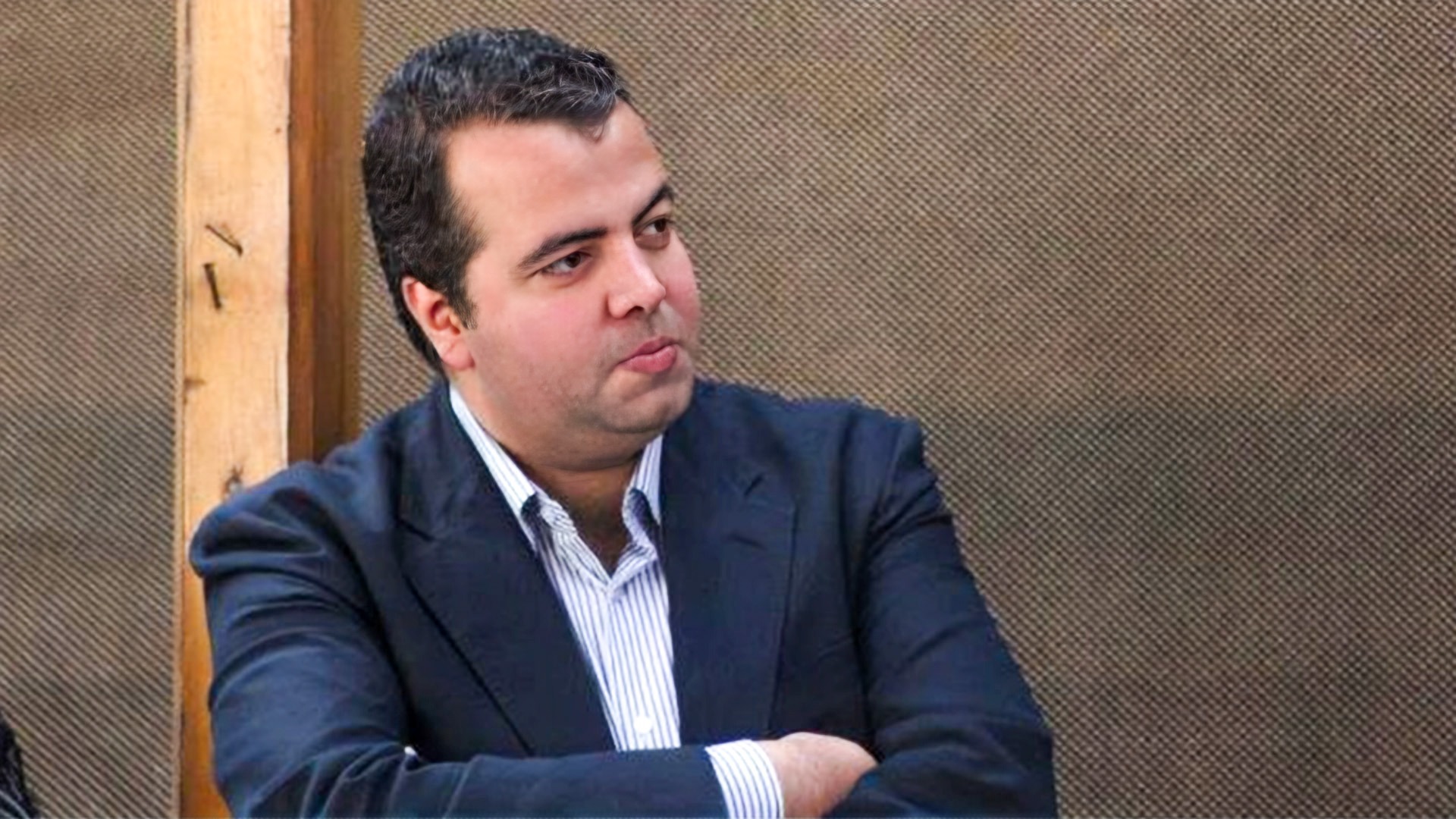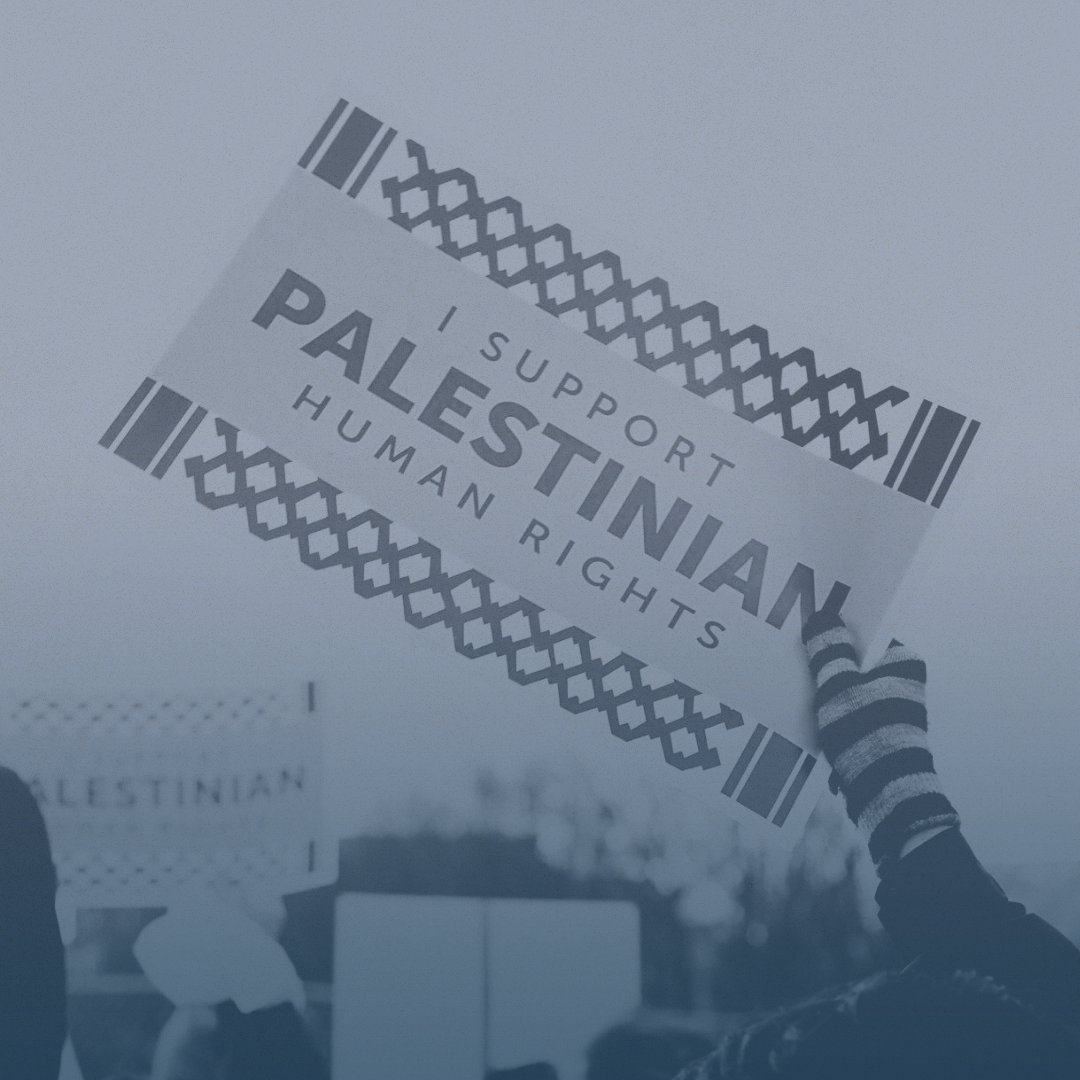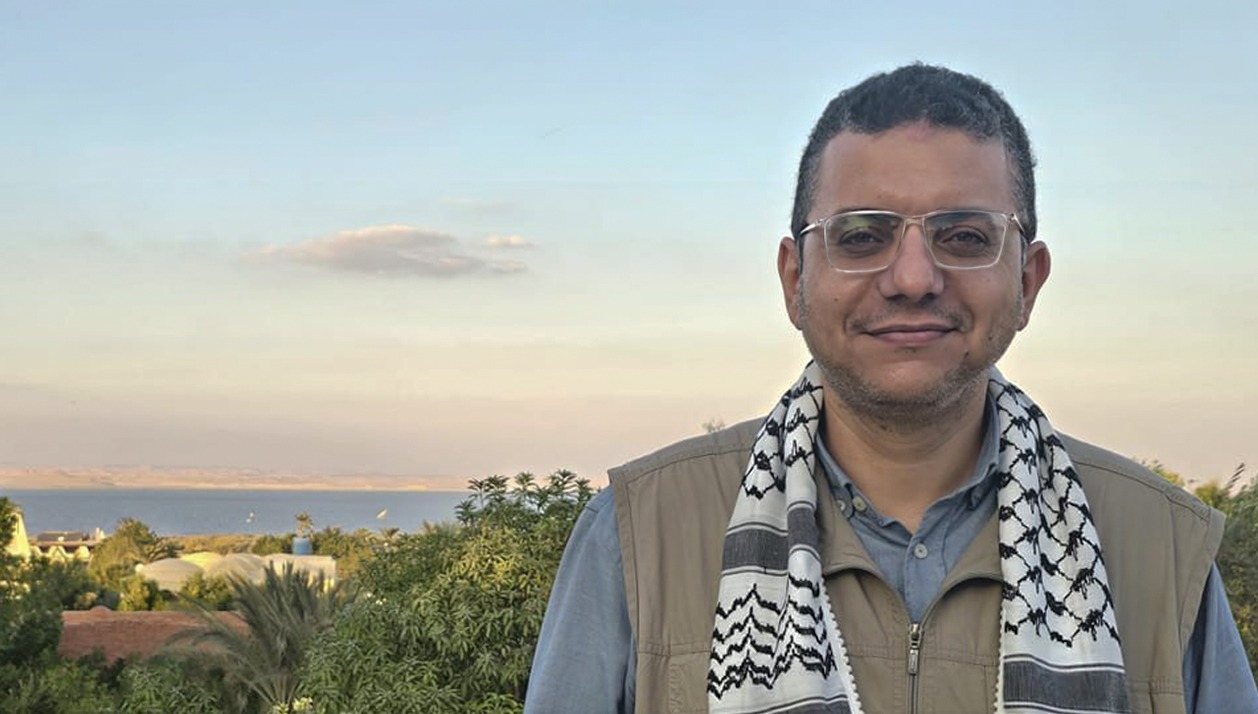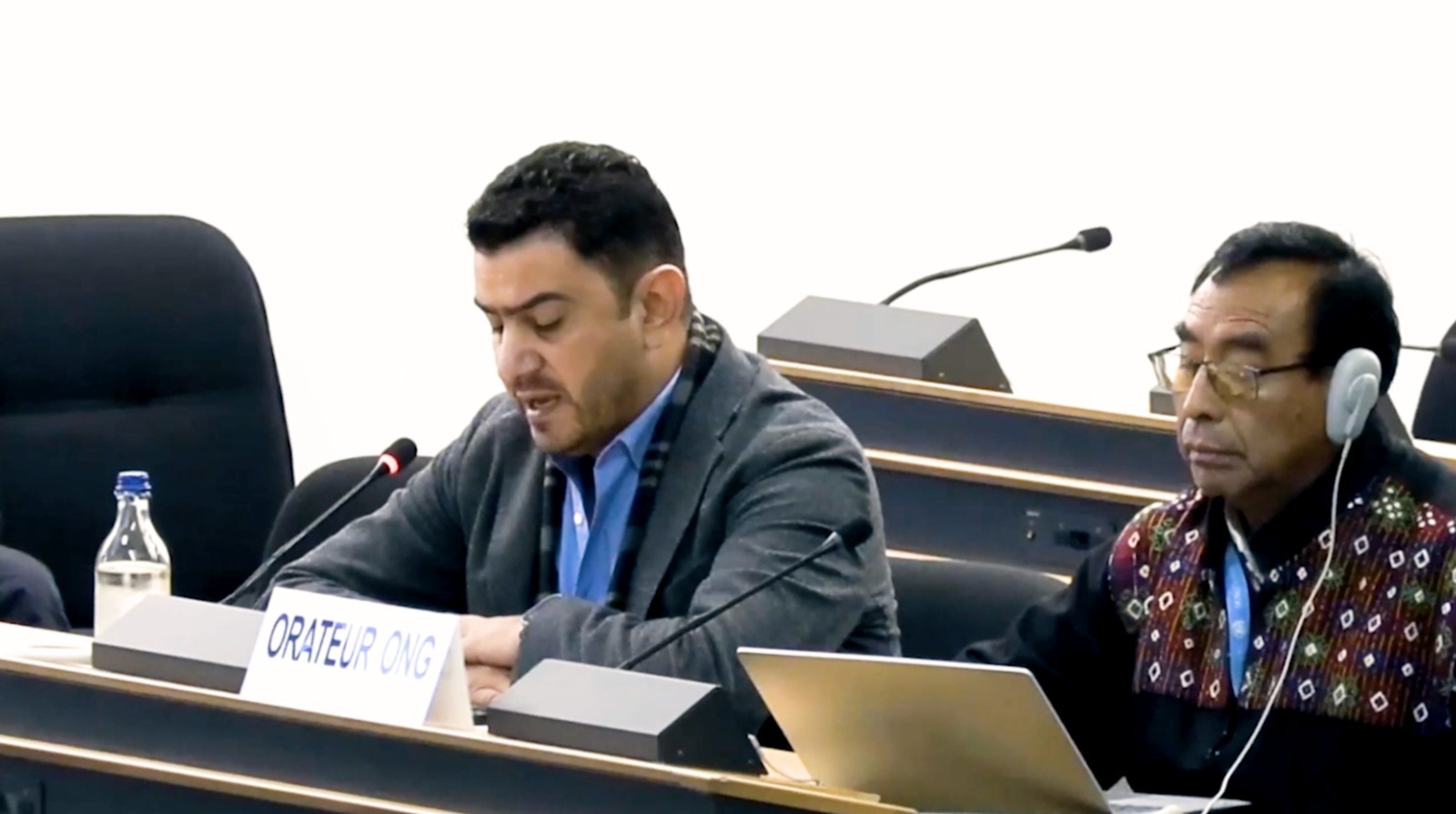Summary:
Several abuses took place and were documented by the foundation’s legal team during October of 2021. Trials that lack the standards of fair trial were held, where civilians who had been forcibly disappeared for various periods of time appeared and others were recycled and charged in a new case numbered 1935 for the year 2021, accused of joining the Sinai Province group according to National Security’s investigations, despite their release being ordered in previous cases where they were facing the same charges.
Details of the abuses
Egyptian law enforcement forces abuses:
Forcibly disappeared individuals appearing in court as defendants
The Sinai Foundation for Human Rights followed trials that lack the standards of fair trial of seven North Sinai civilians, where the State Supreme Security Court proceeded with investigating them during October 2021 and accused them of joining a terrorist group, based on National Security’s investigations in case number 1935 for the year 2021.
The first incident was monitored by the legal team on 16 October 2021 where “Eid Ahmeed Ahmed Salama, 21, appeared before the state security prosecution after two enforced disappearance periods of two and a half years. The prosecution ignored his statements regarding the two enforced disappearance periods and did not mention the actual date of his arrest in official documents, as the defendant appeared before the National Security prosecution with an arrest warrant written on 16 October 2021 when the actual date of his arrest was 10 April 2019 when he was arrested while passing through a security ambush on Sheikh Zuwayed-al-Arish road then was transported to the National Security center in al-Arish for 4 days before being transported to the central prison in al-Arish where he was incarcerated for two years and three months till he was brought before the Ismailia prosecution on 13 July 2021 which ordered his release. However, the Ministry of Interior refrained from releasing him and he was once more forcibly disappeared in the al-Arish central prison for 3 months till he was brought before the State Security prosecution on 16 October 2021 to be recycled in another case numbered 1935 for the year 2021 where he was accused of knowingly joining a terrorist group.
During interrogations, Eid denied being related to armed groups and said that he works as a vegetable merchant besides his studies as he is the sole breadwinner of his family due to his father’s illness since 2014.
The second incident was documented by the foundation’s legal team on 18 October 2021 where “Fidaa Abdelhamid Anas Shubeir”, 32, of Palestinian nationality and mother of 5 including a baby called “Ibrahim”, appeared before the State Supreme Security Court. Fidaa told the prosecution that she had been arrested while pregnant and accompanied by 4 children while in a microbus in al-Arish on 4 March 2021 and was detained in the third police station in the same city. She said that the station administration delivered the four children to her husband’s father, and she added that she was detained in the third police station of al-Arish unable to meet with her lawyer or family members until she was brought before the military prosecution in Ismailia in connection with a military case where her release was ordered on 27 June 2021, however, the Ministry of Interior refrained from executing the order and she was instead forcibly disappeared for a second time inside the third police station of al-Arish for 4 months where she gave birth to her son, Ibrahim, who she refused to give to her husband’s father due to his need of nursing. She remained detained at the third police station of al-Arish till she appeared before the State Security Prosecution in Cairo with her three-month-old baby on 18 October 2021, only to be recycled in a new case numbered 1935 for the year 2021.
The third incident was monitored by the legal team on 18 October 2021, where “Subhi Khamis Subhi Muslim”, 39, appeared before the State Supreme Court Prosecution after being forcibly disappeared for two periods of almost two years. The prosecution ignored the defendant’s statements regarding the two enforced disappearance periods and did not mention the actual date of his arrest in official documents, as the defendant appeared before the National Security prosecution with an arrest warrant written on 18 October 2021 when the actual date of his arrest was 28 September 2019. He was arrested in al-Arish and remained detained by National Security in al-Arish for 14 months till he appeared before the general prosecution in Ismailia in November 2020 and remained detained in relation to the case in which his release was ordered by the prosecution in January 2020 as the Ministry of Interior refrained from carrying out the release order. Subhi was forcibly disappeared for a second time for 3 months in the second police station in al-Arish, then for 6 months in Ismailia till he was recycled and brought before the State Security Prosecution in Cairo on 18 October 2021 in relation to a new case numbered 1935 for the year 2021 where he was accused of knowingly joining a terrorist group.
The fourth incident was documented by the foundation’s legal team on 30 October 2021, where “Musbah Farhan Subhi Salim”, 36, appeared before the State Supreme Court Prosecution after being forcibly disappeared for two periods of almost nine months. The prosecution ignored the defendant’s statements regarding the two enforced disappearance periods and did not mention the actual date of his arrest in official documents, as the defendant told the prosecution that the actual date of his arrest was 27 January when he was arrested near his home in al-Arish by security forces from the second police station of al-Arish where he remained detained for 5 months till he appeared before the general prosecution in Ismailia on 23 June 2020 for the prosecution to order his release on 27 June 2020. However, the Ministry of Interior refrained from executing the release order and Musbah was forcibly disappeared a second time by the State Security for 4 months till he was recycled and brought before the State Security Prosecution on 30 October 2021 in relation to a new case numbered 1935 for the year 2021 where he was accused of knowingly joining a terrorist group.
The fifth incident was documented by the foundation’s legal team on 31 October 2021 where “Samy Hamid Atia Hamid”, appeared before the State Supreme Court Prosecution after being forcibly disappeared for a year. The prosecution ignored the defendant’s statements regarding the enforced disappearance period and did not mention the actual date of his arrest in official documents, as the defendant appeared before the National Security prosecution with an arrest warrant with a recent date. The defendant told the prosecution that he had been arrested in Ras Sedr and was forcibly disappeared in the State Security center.
The sixth incident was monitored by the legal team on 30 October 2021 where “Mohamed Eid Saleem” and “Mateer Awad Said” appeared before the State Supreme Court Prosecution. The foundation monitored the fact that neither of the defendants’ lawyers was present, in addition to the prosecution’s lack of efforts to assign a lawyer to be present for the interrogations.
According to what the defendants told the prosecution, many infractions and violations of the Egyptian constitution took place in addition to the prosecution’s violation of the simplest rules and procedural guarantees stated by the Egyptian law especially in the case of initial investigations.
First: The detainment of arrested individuals without permission from the relevant judicial authorities for longer than the legal detainment period.
Article 54 of the Egyptian constitutions states that: “Personal freedom is a natural right which is safeguarded and cannot be infringed upon. Except in cases of in flagrante delicto, citizens may only be apprehended, searched, arrested, or have their freedoms restricted by a causal judicial warrant necessitated by an investigation. All those whose freedoms have been restricted shall be immediately informed of the causes therefor, notified of their rights in writing, be allowed to immediately contact their family and lawyer, and be brought before the investigating authority within twenty-four hours of their freedoms having been restricted…”
Article 36 of the Code of Criminal Procedure states that: “The criminal investigation officer shall immediately hear the statements of the arrested suspect who, if he fails to establish his innocence, shall be brought before the office of the competent public prosecutor within 24 hours. The office of the public prosecutor shall question him within 24 hours, after which it shall order either his remand in custody or his release.”
Second: The detainment of arrested individuals in unofficial detention centers which fall under no judicial supervision.
Article 31 of the Egyptian Code of Criminal Procedure states that: “No person shall be detained except in designated prisons. No warden shall accept any person without an order signed by the designated authority which is the general prosecution, and they are not to be detained beyond the time period specified in the order.”
Article 42 of the same code states that: “Members of the Department of Public Prosecutions and presidents and vice-presidents of courts of first instance shall be empowered to inspect the public and central prisons situated within their areas of jurisdiction in order to ascertain that no one is being detained unlawfully. They shall have the right to examine prison records and arrest and detention orders, take copies thereof, contact any detainee and hear any complaint that he might wish to submit to them. The prison governors and staff shall provide them with any assistance needed to obtain the information that they request”
Third: Keeping individuals detained after their release was ordered and accusing them in new cases.
The defendants stated to the prosecution during their investigations that they had been interrogated in relation to previous cases and their release was ordered but the order was not carried out by the Ministry of Interior, and they were instead recycled into new cases. It is worth noticing that the charges they are facing in the new cases are the same as the ones they faced in the cases in which they received a release order. This renders the pre-trial detention and the cause for its execution useless. This is extrajudicial detention, however it is covered under a blanket of legality by new -most likely fabricated- warrants because the defendants never left the detention centers and the court’s orders of their release were never really executed.
It is obvious that security authorities circumvent article 143/3 of the Code of Criminal Procedure, which states: “ In all cases, the period of temporary pretrial detention and all trail proceedings shall not exceed third the maximum period of the custodial sentence, where it shall not exceed six months for misdemeanors, eighteen months for felonies, and two years if the established penalty is the life sentence or execution” by continuing to detain arrested individuals after their release was ordered for exceeding the legal limit for pretrial detention then bringing them again before the State Supreme Security Court under different investigations in different cases, so the two-year maximum period of pretrial detention starts over. These are considered unlawful absolute detention orders.
It is worth mentioning that investigation authorities purposefully overlooked all these apparent legal violations and did not uphold their role to prosecute those who detained these civilians, as well as neglecting to summon the security forces accompanying the defendants to corroborate their statements on being brought from unofficial detention centers where they were mentally and physically abused.
Fourth: The prosecution deliberately prevented the defendants’ lawyers from accessing investigation reports and interrogated the defendants in the absence of a lawyer.
Article 125 of the Code of Criminal Procedure states that: “The lawyer shall be given permission to examine the case file on the day prior to the interrogation or the confrontation, unless the judge decides otherwise. In no case may the accused persons be separated from their lawyer who shall be present during the questioning.”
The foundation monitored during October two defendants being brought before the prosecution in the absence of a lawyer and the prosecution did not exert real effort to contact the defendants’ families and lawyers, instead only used the repetitive preamble in which it is stated that it sent a representative to the base of the Bar Association and found it closed, while the defendant interrogations take place between one and three in the evening which is a time in which a large number of lawyers is present in the Association which is considered to be a circumvention by the prosecution of the defendants’ rights to a lawyer with them during interrogations as dictated by the constitution and the law.
Article 124 of the Code of Criminal Procedure states that: “In cases of felonies and misdemeanors which are punishable by prison, no investigator may interrogate a suspect or confront said suspect with other suspects or witnesses unless their lawyer is summoned, except in cases of flagrante delicto and urgency out of fear of loss of evidence. The suspect shall state the name of the lawyer thereof in a report written at the court registry, to the warden of the prison, or to the investigator. The lawyer may also do so himself. If the suspect has no lawyer or their lawyer does not show up after being summoned, the investigator is to assign the suspect a lawyer and the lawyer is to document in the report their objections, requests or notes.”


